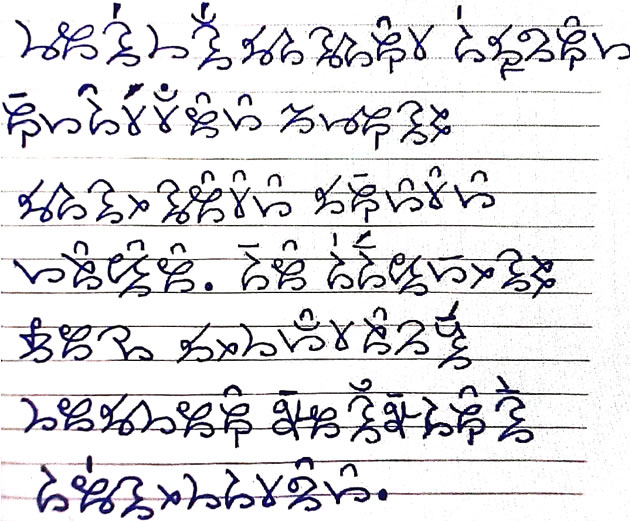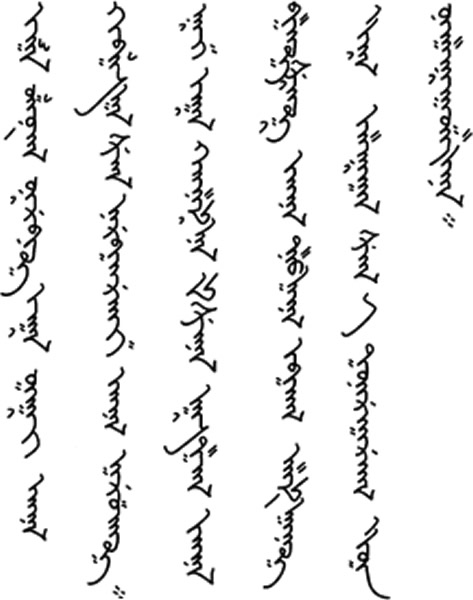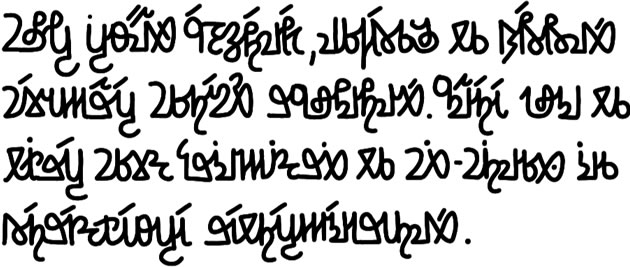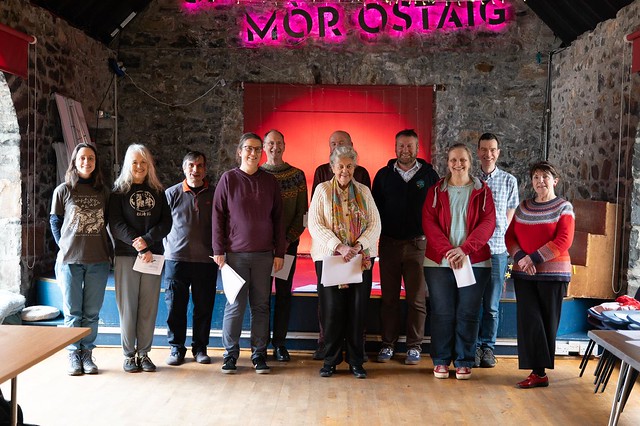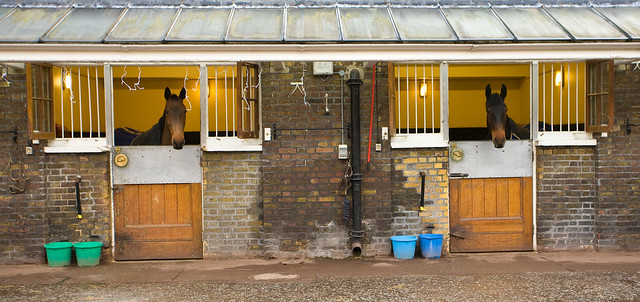Podcast: Play in new window | Download

Here’s the latest news from the world of Omniglot.
There are new language pages about:
- Central Teke (Tɛgɛ) – a Bantu language spoken in the Republic of the Congo and the Democratic Republic of the Congo.
- Catio (ẽberã) – a Chocoan language spoken mainly in northwestern Colombia.
- Pagibete (Apagibete) – a Bantu language spoken in the northwest of the Democratic Republic of Congo.
- Kukuya (Kikukuya) – a Bantu language spoken in the Plateaux Department in the Republic of the Congo
New constructed script: Pan-Caucasian alphabet, a unified writing system proposed by Vazgen R. Ghazaryan for the Northwest Caucasian and Northeast Caucasian languages.
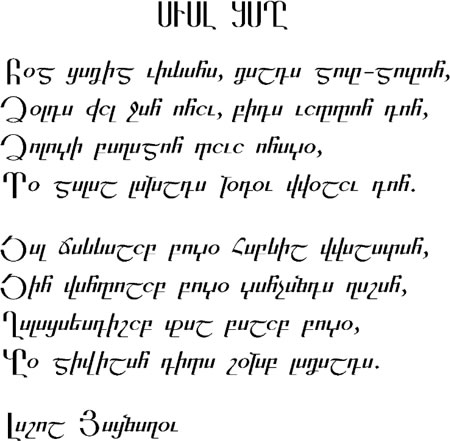
New numbers pages:
- Central Teke (Tɛgɛ) – a Bantu language spoken in the Republic of the Congo and the Democratic Republic of the Congo.
- Babine-Witsuwitʼen, a Northern Athabaskan language spoken in parts of British Columbia in Canada.
New page about telling the time in: Swahili (Kiswahili).
On the Omniglot blog there’s a new post entitled Surfing the Mountains, about French words for snowboarding, and the usual Language Quiz. See if you can guess what language this is:
Here’s a clue: this language is spoken in Poland.
The mystery language in last week’s language quiz was
Tongva, an Uto-Aztecan language which was spoken in Southern California and which is currently being revived.
In this week’s Celtic Pathways podcast we’re sweeping French floors with Celtic Brooms.
On the Celtiadur blog there are new posts about words for Barns, and I made improvements to the posts about words for Brushes and Broom and Grey.
For more Omniglot News, see:
https://www.omniglot.com/news/
https://twitter.com/Omniglossia
https://www.facebook.com/groups/omniglot/
https://www.facebook.com/Omniglot-100430558332117
You can also listen to this podcast on: Apple Podcasts, Amazon Music, Stitcher, TuneIn, Podchaser, PlayerFM or podtail.
If you would like to support this podcast, you can make a donation via PayPal or Patreon, or contribute to Omniglot in other ways.
Radio Omniglot podcasts are brought to you in association with Blubrry Podcast Hosting, a great place to host your podcasts. Get your first month free with the promo code omniglot.




